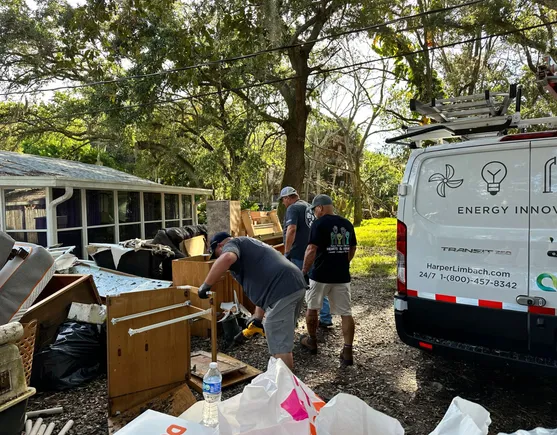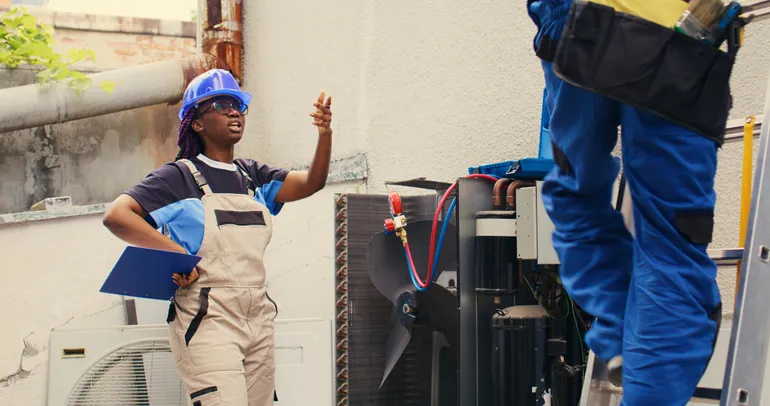As summer wraps up, “quiet vacations” keep making headlines — but they may imply a deep-seated problem with work-life balance at organizations, a Perceptyx report released Aug. 22 said.
In a survey of nearly 3,000 workers, Perceptyx found that 7 in 10 people work to some degree throughout their vacations. These same workers are also 2.3 times more likely to have taken a “quiet vacation” day, “suggesting that quiet vacations may be an effort by overworked employees to regain some work-life balance,” the company said.
Close to a third of workers surveyed are “planned workationers,” a group that specifically vacations with their devices and notifications still on. Leaders are 1.5 times more likely than individual contributors to say they plan to do this.
But 43% are “unplanned workationers,” a group that intends to unplug but is “sucked in to work regardless,” Perceptyx said.
“They leave devices behind, switch off notifications, but still respond to messages from their manager and coworkers and check in regularly, most likely from their personal devices,” the company explained.
Younger workers make up a disproportionate number of these workers, the report said, as they are also two times more likely to say a boss made them feel guilty for taking paid time off. Unplanned workationers are also the group most likely to take a “quiet vacation.”
Workationers overall were more likely to report lower well-being and more signs of burnout compared to “true vacationers” — the 28% of workers who successfully disconnected from their work.
“The biggest problem for employers … is that their most engaged employees are more likely to work on vacation,” Emily Killham, senior director and head of the Center for Workforce Transformation at Perceptyx, said in a statement. “That means you’re burning out your most valuable employees. They may be engaged for now, but that won’t last if their well-being is being gradually eroded.”
A report from Monster also revealed that quiet vacationing may be more prominent than some may expect; nearly half of workers in the firm’s survey said they had taken or were considering taking a quiet vacation, and 14% had lied to their managers about where they were during said vacations.
Of those who did take a quiet vacation, one-fifth said they were overwhelmed and needed a break, Monster said.
Workers that do take time off report high anxiety about their post-vacation workload, a Glassdoor report revealed recently — an issue exacerbated by a lack of clarity around team expectations regarding PTO. Close to half of workers reported feeling guilty for taking a vacation, and 68% of Americans said they work on vacation, Glassdoor noted.
Perceptyx also flagged worker anxiety around asking for time off because of workload and manager behavior. Notably, when fully disconnected time off is both encouraged and modeled by managers, employees are 71% more likely to fully switch off while on vacation, the report said.
“The real difference-maker here is manager behavior,” Killham said. “That’s why it’s so critical that managers get the support, tools, and training to ensure balance for themselves — otherwise the fallout will trickle through the rest of the organization.”






Leave a Reply